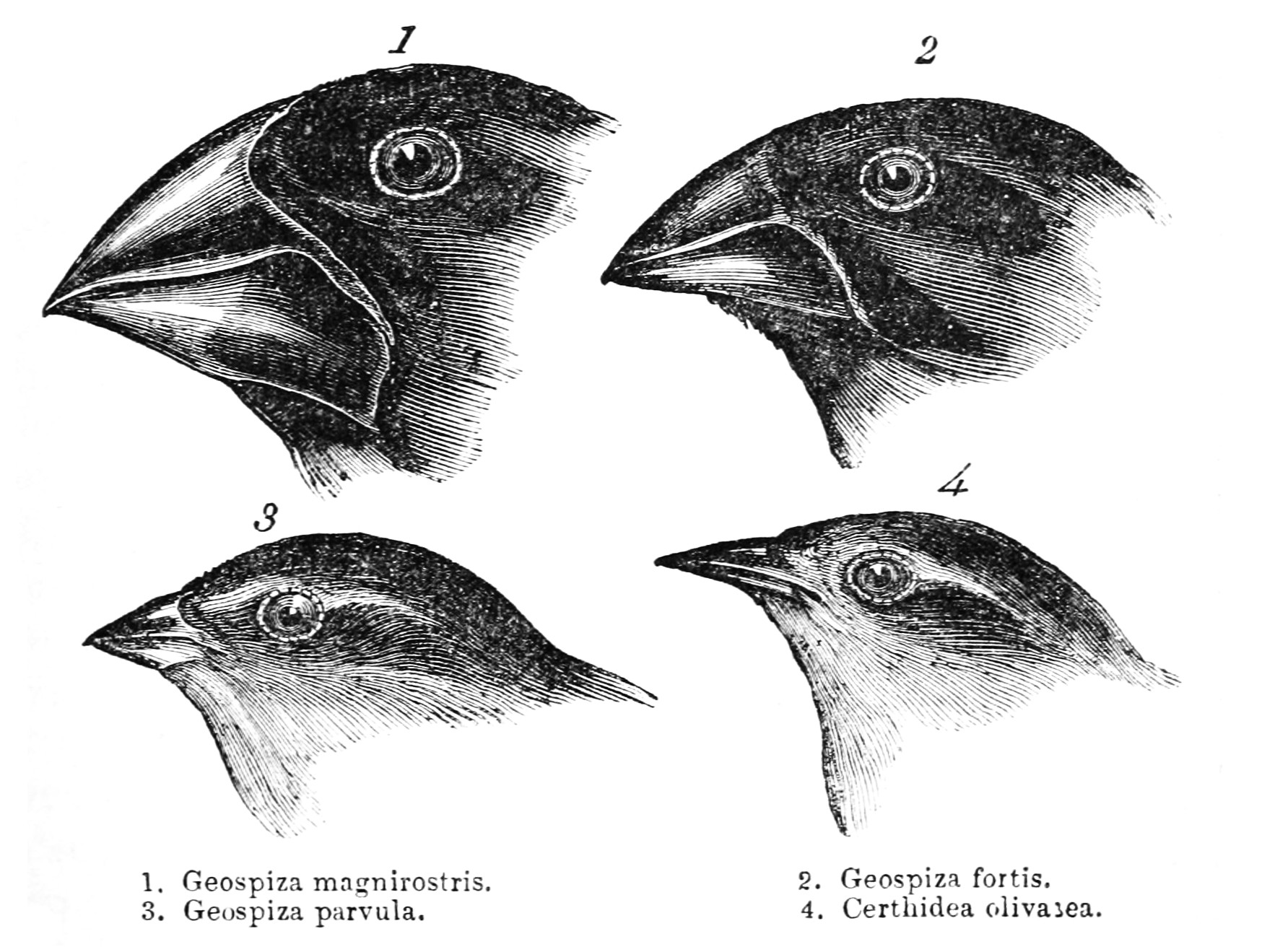
The eclipse of Darwinism
Julian Huxley used the phrase "the eclipse of Darwinism"[a] to describe the state of affairs prior to what he called the "modern synthesis". During the "eclipse", evolution was widely accepted in scientific circles but relatively few biologists believed that natural selection was its primary mechanism.[2][3] Historians of science such as Peter J. Bowler have used the same phrase as a label for the period within the history of evolutionary thought from the 1880s to around 1920, when alternatives to natural selection were developed and explored—as many biologists considered natural selection to have been a wrong guess on Charles Darwin's part, or at least to be of relatively minor importance.[4][5]
Four major alternatives to natural selection were in play in the 19th century:
Theistic evolution had largely disappeared from the scientific literature by the end of the 19th century as direct appeals to supernatural causes came to be seen as unscientific. The other alternatives had significant followings well into the 20th century; mainstream biology largely abandoned them only when developments in genetics made them seem increasingly untenable, and when the development of population genetics and the modern synthesis demonstrated the explanatory power of natural selection. Ernst Mayr wrote that as late as 1930 most textbooks still emphasized such non-Darwinian mechanisms.[6]
Historiography[edit]
The concept of eclipse suggests that Darwinian research paused, implying in turn that there had been a preceding period of vigorously Darwinian activity among biologists. However, historians of science such as Mark Largent have argued that while biologists broadly accepted the extensive evidence for evolution presented in The Origin of Species, there was less enthusiasm for natural selection as a mechanism. Biologists instead looked for alternative explanations more in keeping with their worldviews, which included the beliefs that evolution must be directed and that it constituted a form of progress. Further, the idea of a dark eclipse period was convenient to scientists such as Julian Huxley, who wished to paint the modern synthesis as a bright new achievement, and accordingly to depict the preceding period as dark and confused. Huxley's 1942 book Evolution: The Modern Synthesis therefore, argued Largent, suggested that the so-called modern synthesis began after a long period of eclipse lasting until the 1930s, in which Mendelians, neo-Lamarckians, mutationists, and Weismannians, not to mention experimental embryologists and Haeckelian recapitulationists fought running battles with each other.[1] The idea of an eclipse also allowed Huxley to step aside from what was to him the inconvenient association of evolution with aspects such as social Darwinism, eugenics, imperialism, and militarism.[1] Accounts such as Michael Ruse's very large[1] book Monad to Man[48] ignored, claimed Largent, almost all the early 20th century American evolutionary biologists. Largent has suggested as an alternative to eclipse a biological metaphor, the interphase of Darwinism, interphase being an apparently quiet period in the cycle of cell division and growth.[1]